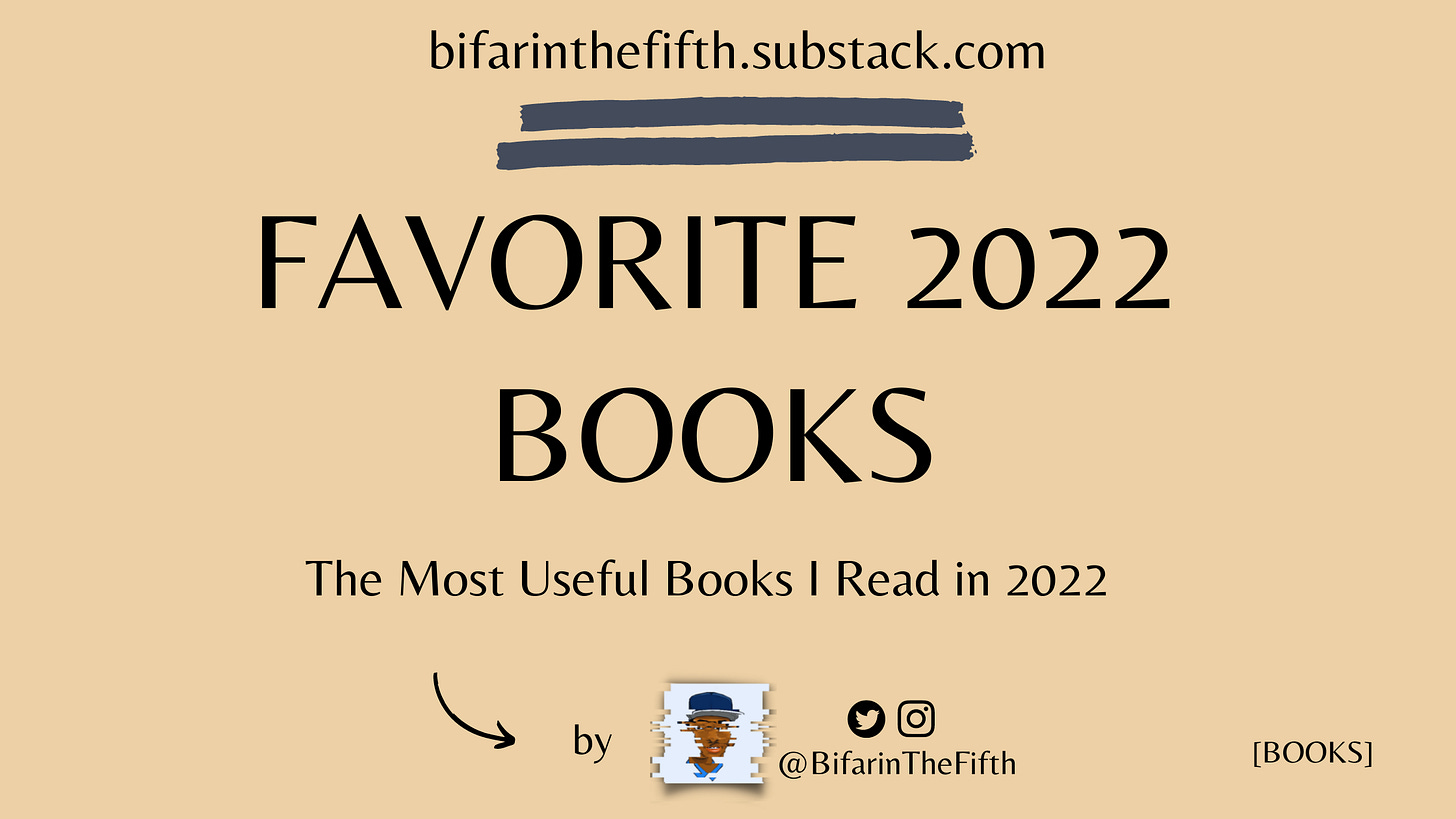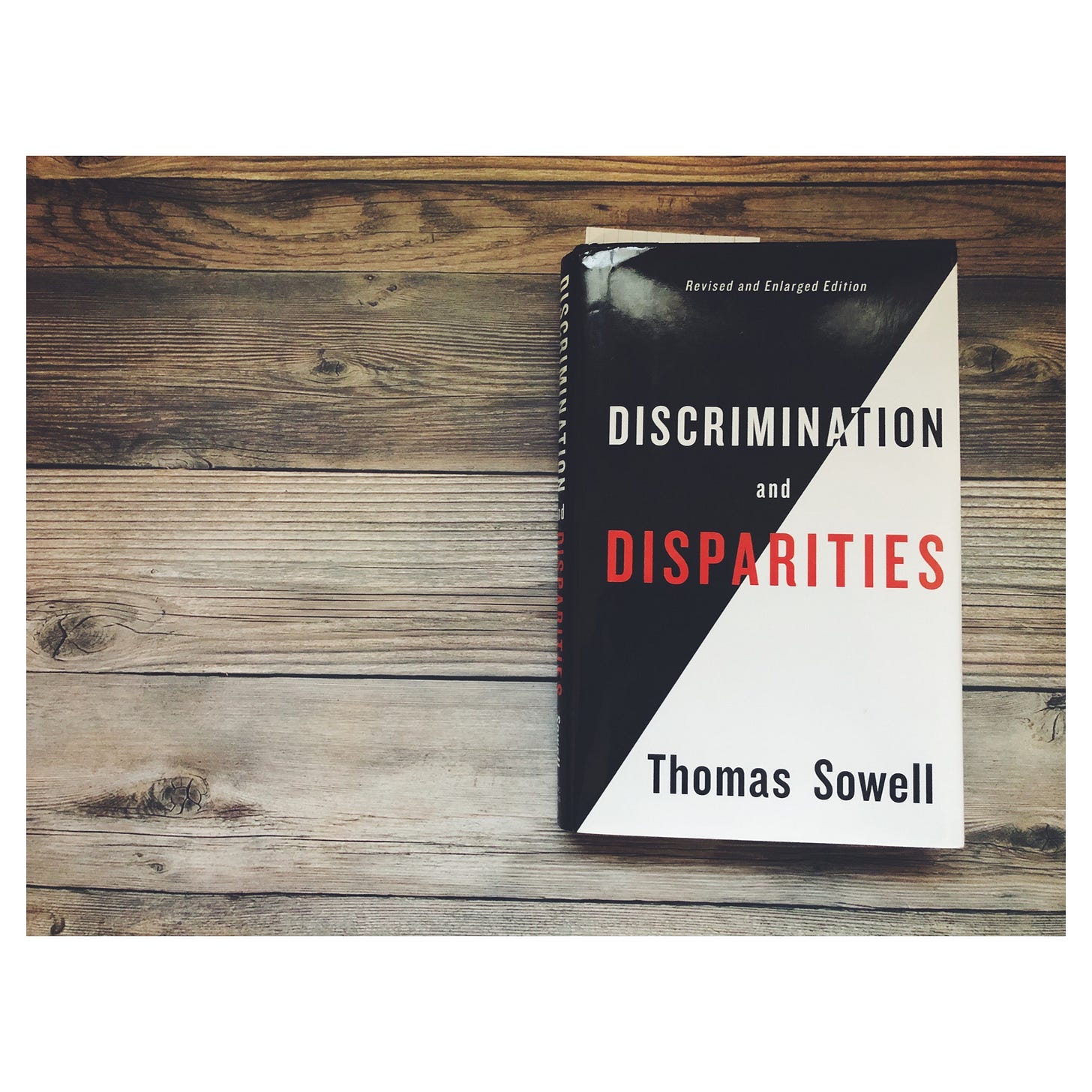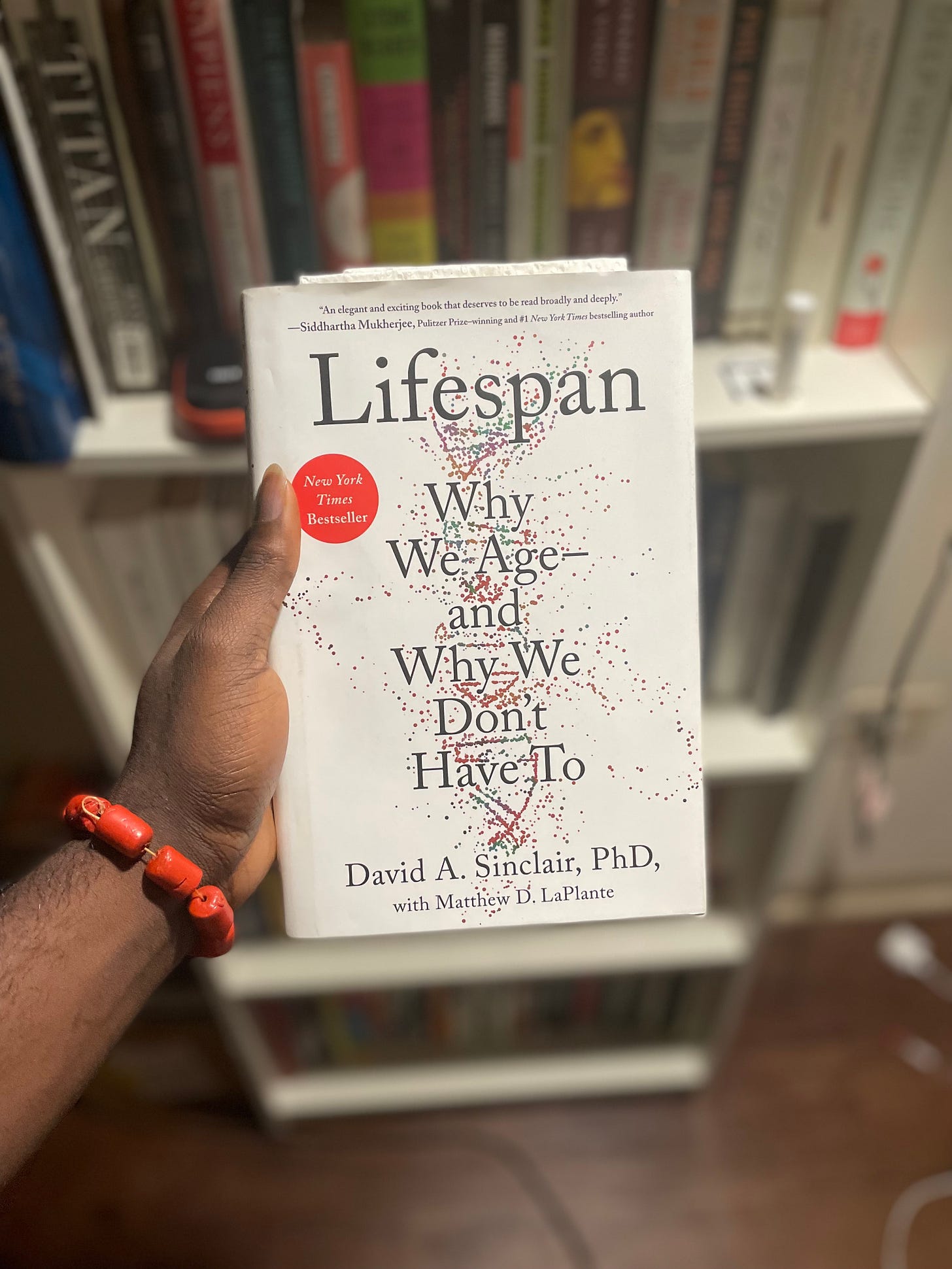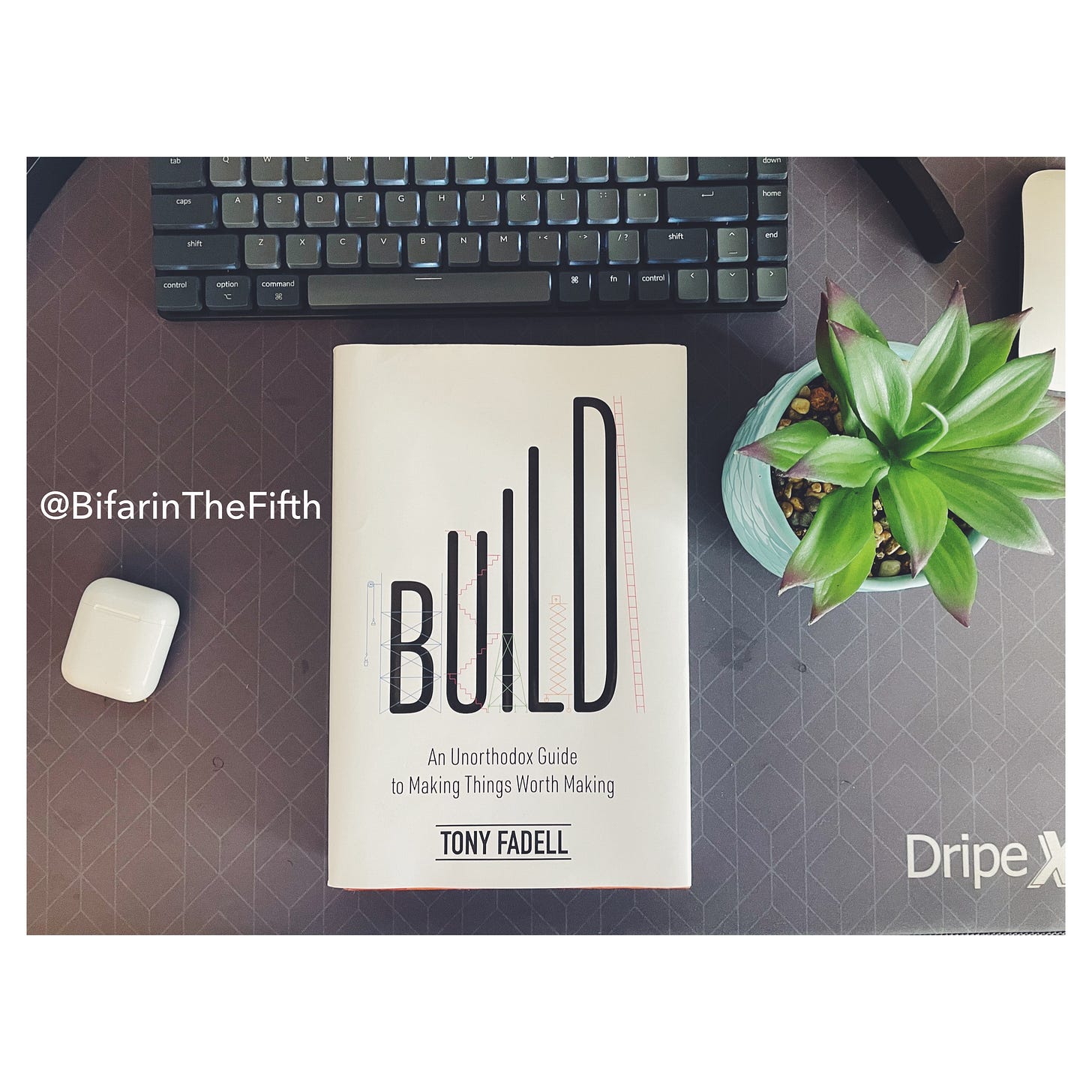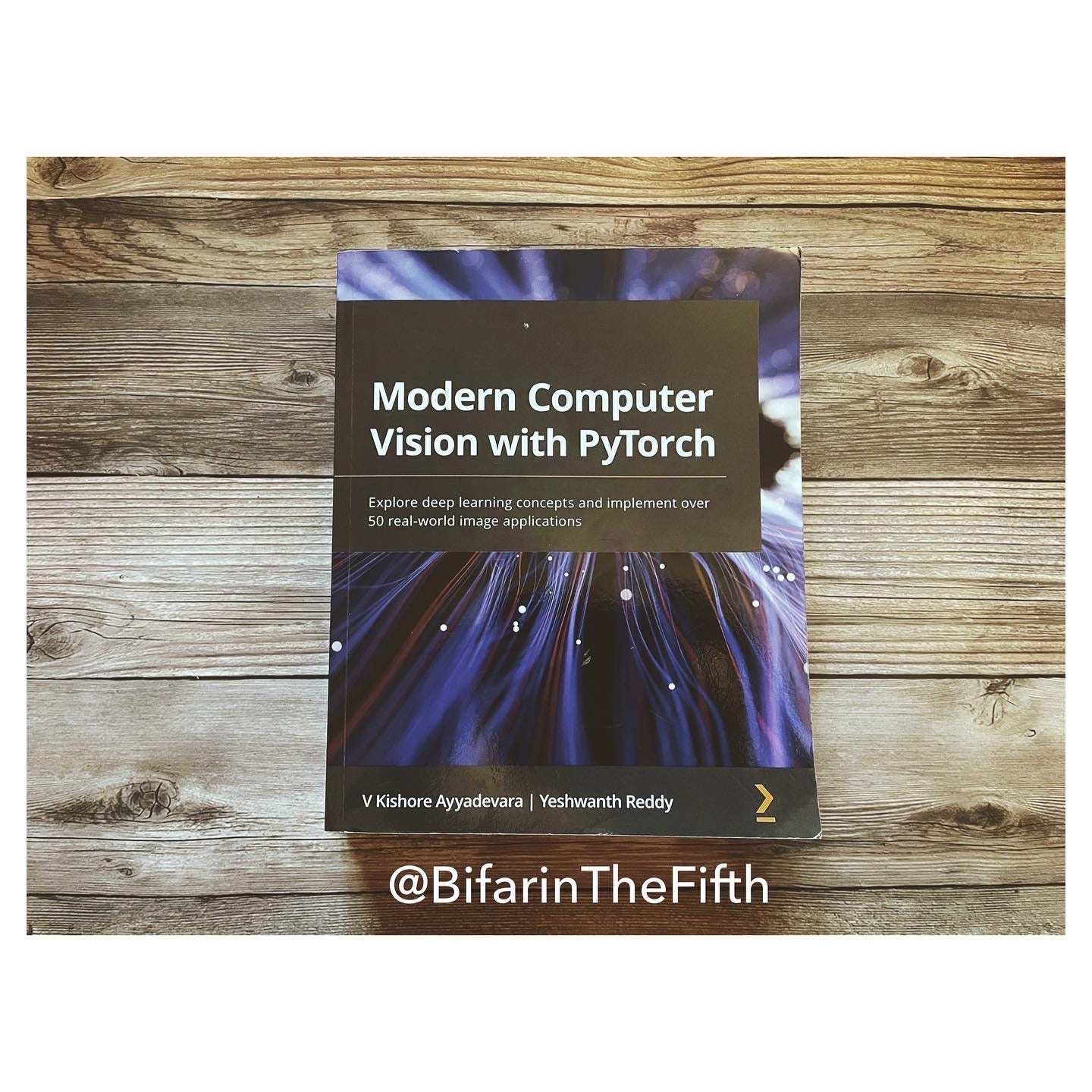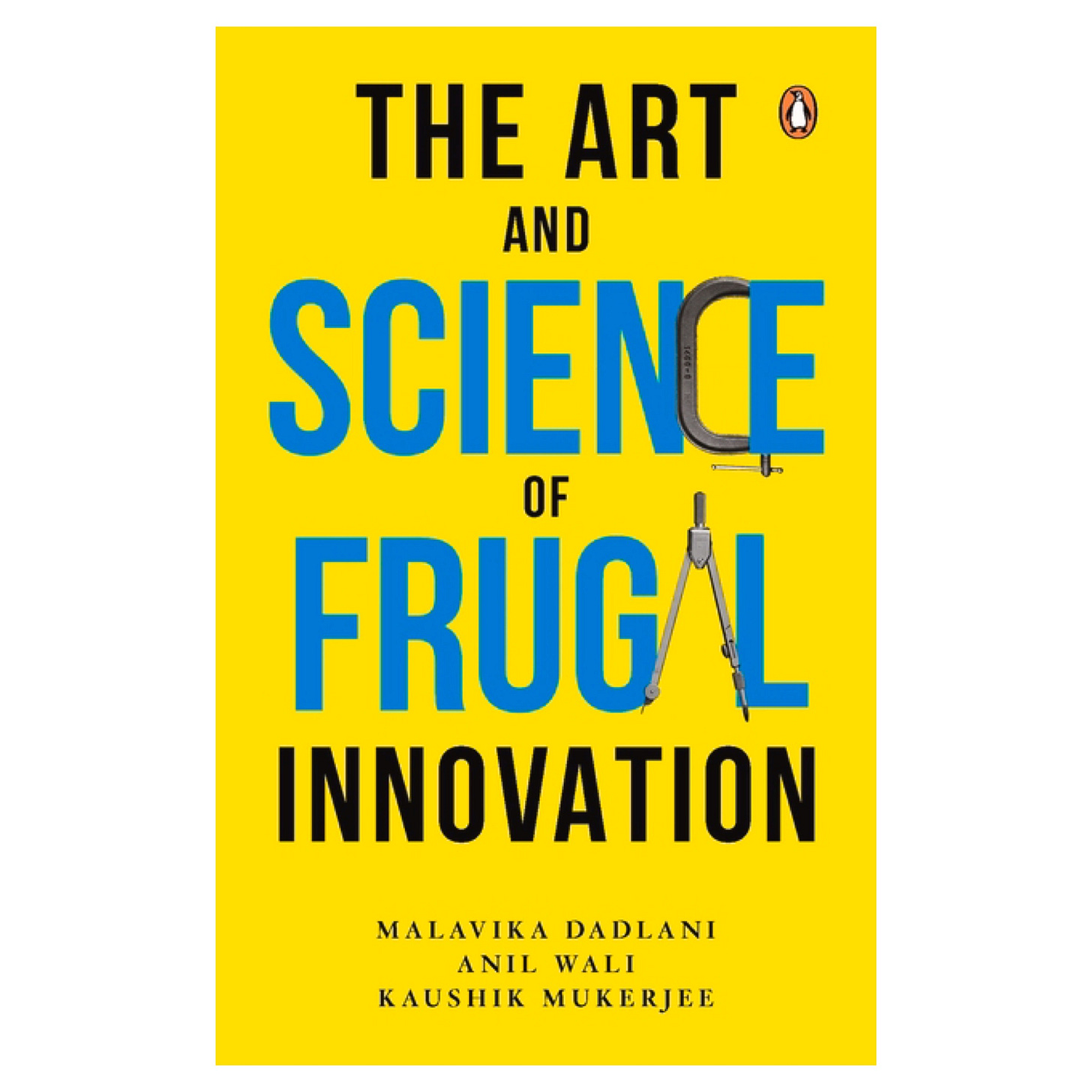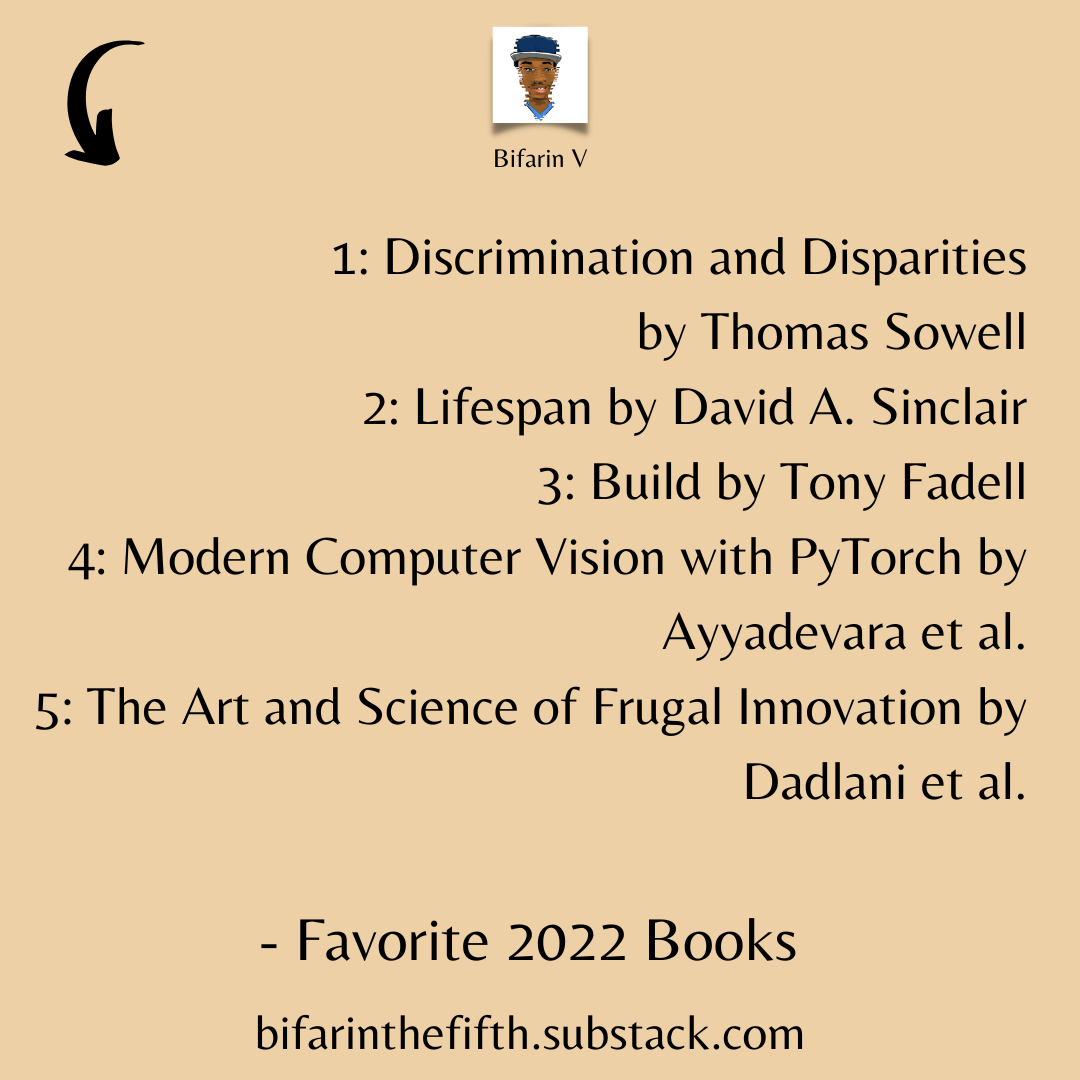[MBB grant updates: The application was supposed to close on December 30, 2022, however, I am yet to read nearly as many high-quality applications as I would love to, so I will keep it open for a little while, maybe a week or so. If you have access to clusters of brilliant young Nigerians, please send the grant information their way.]
[Previously: 2021 Books]
Instead of writing about all the books I have read this year, a few of which I have reviewed here, I decided to ask myself this question: “if you could read only five books in 2022, what would you read?”
Here is what I would read.
I.
I came across Thomas Sowell’s work at the beginning of the pandemic and was very impressed, to say the least. I wondered why it took me so long to discover his works. It turns out that the answer lies in the nature of his works and how the mainstream media works in the West today. Anyways his body of work is astounding, so I decided I would be reading two Sowell books per year.
I started with Intellectuals and Race and Basic Economics: A Common Sense Guide to the Economy. This year I read Economic Facts and Fallacies and Discrimination and Disparities, with the latter being my favorite.
The book's thesis in 1 sentence:
There are discriminations, and there are disparities; and the two things need not be the same – disparities shouldn’t automatically imply discrimination without justification (i.e., justification other than citing the disparity itself).
II.
At the number two spot is Lifespan: Why We Age – and Why We Don’t Have To by David A. Sinclair.
Lifespan is a general audience, solid biology text that explores the science of aging, arguing quite convincingly that aging is a disease. The author, David Sinclair, has become a science rock star over the past decade or so.
In the book, he started by explaining why we age (this has to do with epigenetic instability, according to the information theory of aging) and, of course, what can be done about it.
For the latter, his story comes in three flavors. One. What you can do now (e.g., eat less, exercise, or, if you are adventurous, take supplements like nicotinamide adenine dinucleotide (NAD) and Metformin (yes, the drug for diabetic patients)).
Two. The innovation that is coming in the manner of democratizing digital health, DNA monitoring, precision medicine, and the like are bound to maximize health span and lifespan.
Three. Make old cells young again (a.k.a. cellular reprogramming), and/or kill senescent cells with senolytics, etc.
Finally, he concluded the illuminating book with some socio-economic commentary on a world where everyone lives long like crazy because, according to the author, it is inevitable.
I have written a few essays on (related) subjects raised in this book. See Why We Age, Go Hungry, and The End of Breakfast.
III.
Next up, Build: An Unorthodox Guide to Making Things Worth Making by Tony Fadell.
A part memoir, part startup book, he explores the following questions (just as a good mentor would): What should I do? Where should I work? How to manage teams, What you should work on, How to make decisions, building profitable businesses, product management, How to spot great ideas, and many more.
If you are considering reading it, see my long review here.
IV.
At No. 4, Modern Computer Vision with PyTorch by V Kishore Ayyadevara and Yeshwanth Reddy.
A while back, I got my hands on some nice, hard-to-get image data and wanted to play. This book allowed me to play.
If you are interested in computer vision, read my bite-sized review here.
V.
At No. 5: The Art and Science of Frugal Innovation by Malavika Dadlani, Anil Wali, and Kaushik Mukerjee.
While being quite tedious to read at times, this book educated me thoroughly on the philosophy that ought to undergird innovation in the world's poorest places.
The philosophy of frugal innovation inspired me to launch a microgrant grant program that is currently open for applications.
To get a feel of what frugal innovation entails, you can read my essay on the subject and the numerous examples of the philosophy played out in various fields.
Here is penguin’s summary:
“The Art and Science of Frugal Innovation comes at a time when the world is grappling with unprecedented issues, including the Covid-19 pandemic that has left all humanity in the eye of the storm. In this book, Malavika Dadlani, Anil Wali, and Kaushik Mukerjee deftly explore the scientific underpinnings and social gains of frugal innovations. They also explain how these frugal innovations can help the world overcome a variety of obstacles. While differentiating between frugal and low-cost innovations, this straightforward book also picks the common thread between the two and demonstrates how durable solutions to problems can be found through scientific planning and systematic testing. All in all, The Art and Science of Frugal Innovation is about breaking boundaries and sharing knowledge, expertise and ideas that can lead to sustainable development for all.”
Have a nice 2023 and a happy new year in advance!


